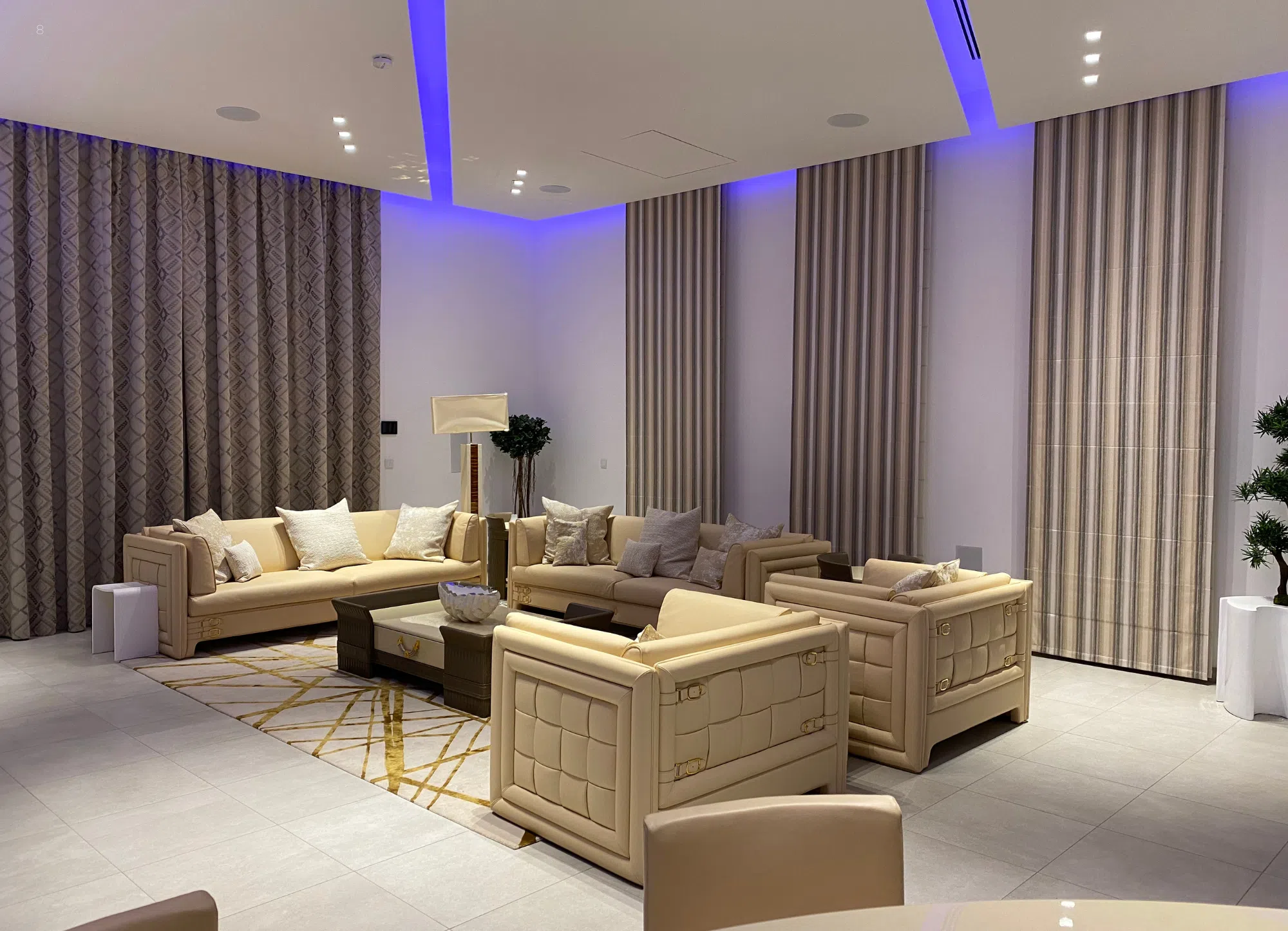For decades, Nigerian cities have contended with a housing deficit—over 28 million units. Amidst this crisis, a crop of technology-powered buildings—referred to as smart homes—is reshaping the concept of living.
Artificial Intelligence (AI) now predicts power usage patterns to cut down bills for residents in highbrow neighbourhoods within Lagos and Abuja. These homes come equipped with green technology, from solar rooftops to rainwater-harvesting systems.
Also, smart housing systems are turning once passive walls and ceilings into active participants in daily life. While still modest, The household penetration is expected to rise from approximately 5.3% in 2024 to 9.5% by 2028, signalling growing interest among homeowners.
Today, about 29% of Nigerian consumers report owning smart home devices. The Nigerian home seems to have evolved into a living organism.
Experts say that the new shape of homes aligns with the growing trend towards sustainability.
“Imagine a home that tells you when your generator is about to fail, or one that reconfigures lighting depending on the mood you set. That is not fantasy. We are already building it,” enthused Bashir Abdullah, an Abuja-based architect who has integrated AI into his residential works.
According to the International Finance Corporation (IFC), Nigeria’s green building market could hit $3 billion by 2030, driven largely by urbanisation and the need for sustainable solutions.
Already, estates in Abuja and Lagos are experimenting with solar microgrids that reduce reliance on the failing national grid, while water recycling systems are cutting down waste.
These technologies provide a lifeline in a country notorious for its frequent blackouts and water shortages.
For example, in Lekki, an upscale neighbourhood in Lagos, some homes use AI-controlled cooling systems. These appliances provide succour against Nigeria’s intense heat without consuming excess electricity.
However, this rise in smart homes is shadowed by uneven distribution of wealth. The cost of entry into this futuristic lifestyle is high. Solar panels, despite the drop in price, remain out of reach for many families.
AI-driven housing systems require stable internet and reliable power, luxuries still unevenly distributed across the nation.
Corruption and weak enforcement of housing standards also slow progress, leaving room for cheap, unsustainable buildings to increase. “The challenge,” Abdullah says, “is not designing these homes, it is making them accessible. If technology is only for the wealthy, then we have failed.”
But challenges often breed innovation. In Ogun State, local startups like QuadLoop Technologies are experimenting with cheaper solar panel materials produced from recycled waste.
Community-driven projects in Lagos have integrated AI into low-income housing units to monitor energy usage and share resources across different homes. Although small, these pilot attempts reflect how technology is being adapted to the Nigerian context.
Housing developers are beginning to consider modular building systems powered by AI design tools that cut costs by 30%.
Architects now speak of homes that “grow” with their occupants, adjusting space configurations as families expand. It remains to be seen how rapidly these homes can scale across much of the country.
For ordinary Nigerians, the human story of these changes is as compelling as the technology itself. A Lagos-based mother of two recounted how her AI enabled water system alerted her to a leak, preventing what would have been a devastating flood in her kitchen.
A young professional in Abuja marvelled at how his solar-powered, smart-cooled apartment allowed him to work from home even during the city’s endless blackouts.
These stories may sound modest compared to the skyscraping dreams of tech giants, but they capture something profound.
Technology, when deployed rightly, does not just create smarter homes; it restores time, safety and peace of mind.
The future of urban housing in Nigeria is no longer a distant dream. Abdullah sums it up: “We are building houses as well as building companions for human life. The true measure of success will not be how intelligent these homes become but how many lives they touch.”
Nigeria faces a significant housing shortage, with a deficit of over 28 million units. However, technology-powered, smart homes are emerging as innovative solutions, especially in affluent areas in Lagos and Abuja. These homes utilize artificial intelligence to optimize energy usage, incorporating green technologies such as solar panels and rainwater harvesting systems. Although penetration remains modest, with only 5.3% of homes using smart systems in 2024 expected to increase to 9.5% by 2028, around 29% of consumers now own at least one smart device. These developments align with a growing trend towards sustainable living, with the green building market projected to reach $3 billion by 2030, driven by urbanisation.
Despite technological advancements, high costs and uneven internet and power access hinder widespread adoption. Additionally, systemic issues like corruption and lax regulations allow unsustainable housing to persist. Nonetheless, local innovations, such as recycled materials and AI-integrated low-income housing projects, are attempting to bridge this gap. AI-enabled modular building systems are being explored to reduce costs significantly, making smart technology more accessible. Personal stories highlight the tangible benefits these technologies provide, emphasizing enhancements in safety, efficiency, and quality of life.
Overall, smart homes in Nigeria symbolize more than technological progress; they represent a potential shift towards improved living standards, regardless of economic barriers. The true success of these innovations lies in their ability to positively impact the lives of everyday Nigerians and not just the privileged few.






